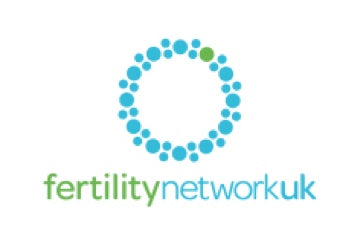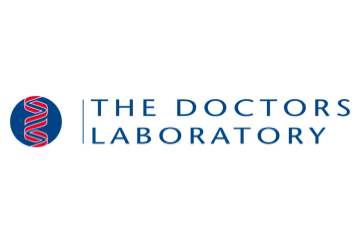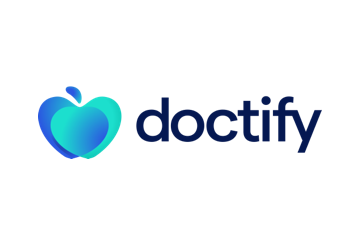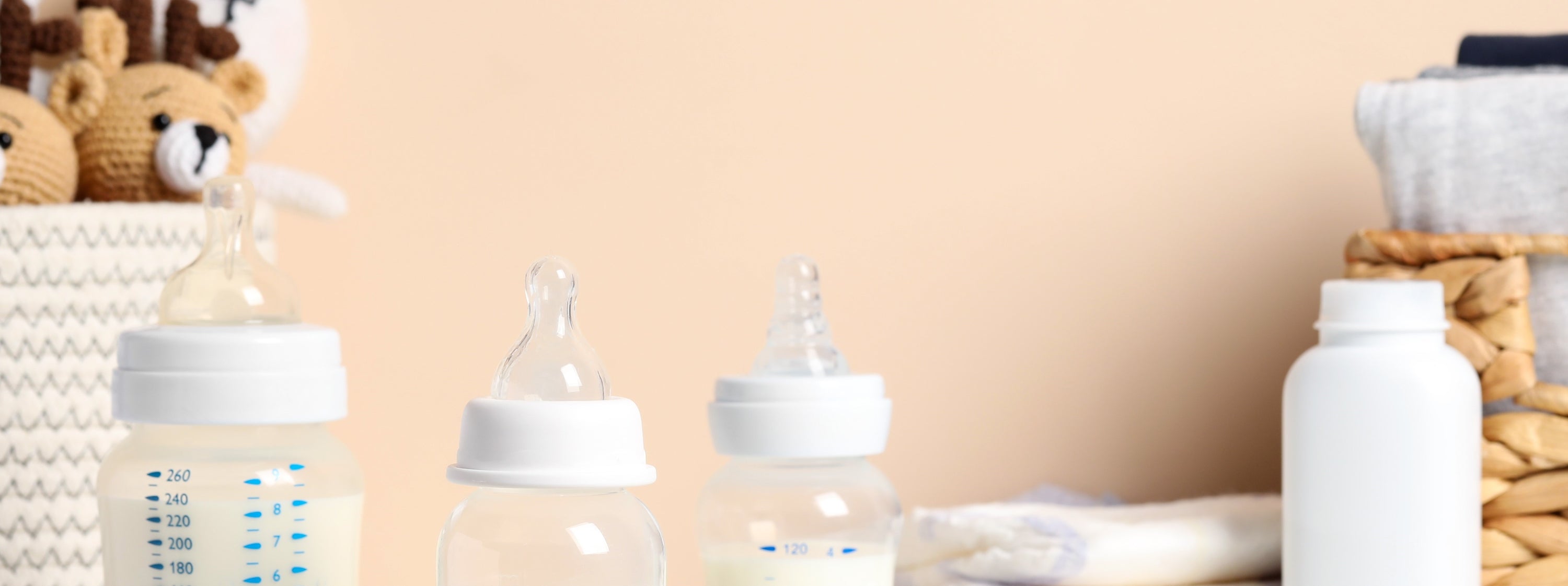Ovulation Induction Treatment at a Private Fertility Clinic in London
we've featured in





What is ovulation induction?
Ovulation induction is a fertility treatment that uses fertility medications to stimulate ovulation in those that suffer from anovulation — when an egg does not release, or ovulate, from the ovaries.
There are several reasons why a woman might have irregular ovulation or anovulation:
- Polycystic ovary syndrome (PCOS)
- Under- or over-active thyroid
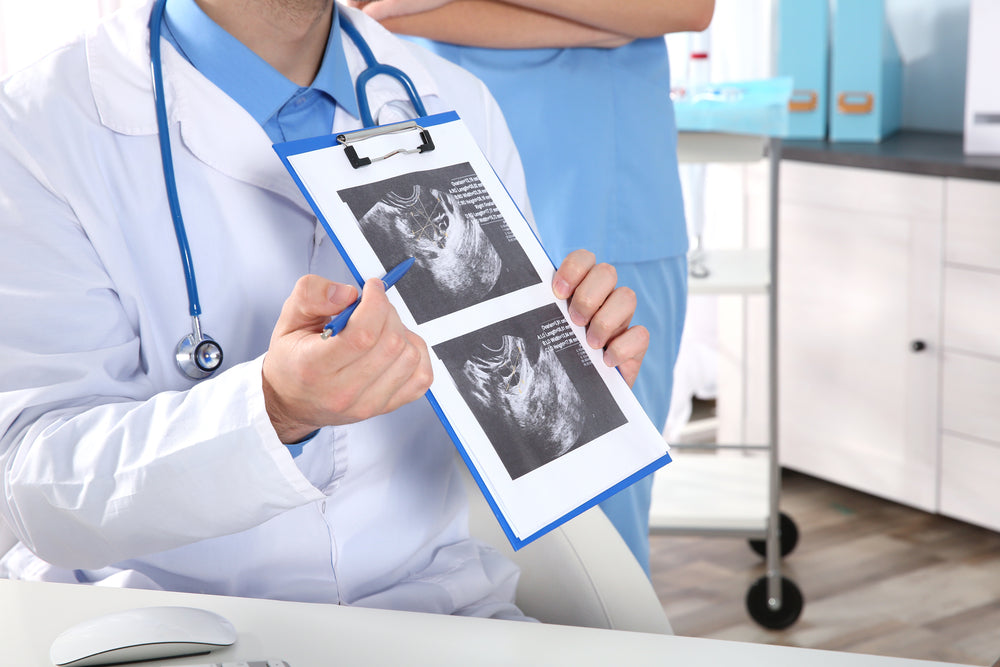
How does ovulation induction work?
Ovulation induction involves taking fertility medications that are identical to a woman’s reproductive hormones that regulate the production and growth of eggs. The medication for ovulation induction stimulates the ovaries to produce a single healthy egg or multiple eggs.

Bridging the Gap Between Dreams and Parenthood
Our Medical Director Dr Irfana Koita takes the time to get to know her patients and their specific needs. This personal attention by the physician is the number 1 rule of our clinic.
Dr Koita is a fellow of the prestigious Royal College of Obstetricians and Gynaecologists (FRCOG) and trained in Assisted Conception at Kings College Hospital, London. She has also done a Masters in Healthcare Leadership from Cornell University, USA. With over 18 years of clinical experience, she’s recognised nationally as an expert in her field.
A NEW WAY TO PAY FOR FERTILITY TESTS AND TREATMENTS
Buy Now Pay Later
Payments in installments. Soft credit checks! Quick applications! Select at checkout

Monthly payments over 12 months

Monthly credit card payments over 6 months

Monthly payments up to 7 years
Access the best fertility care, from the comfort of your home or in-person in London

Take the next step to grow your family
If you’re struggling with PCOS or irregular or absent periods, we’re here to help you navigate your fertility choices.
If you would like to see if ovulation induction might be the right treatment for you, we offer free 10-minute consultations to anyone looking to learn more. It’s the perfect opportunity to ask questions and gain confidence about starting your fertility journey.
FAQ
The chance of an IUI procedure resulting in pregnancy will depend on a lot of different factors. For example, the cause of infertility could hinder the success rate of the procedure, as could the man’s sperm quality or the count.
At IVF Matters, we take the utmost care when selecting the sperm sample to give you the best chance of success resulting in pregnancy.
Like many other types of fertility treatment, IUI does tend to be more successful the younger you are. However, there’s still a good chance that you can get pregnant even if you are slightly older when you go through IUI.
It’s worth noting that the older you are, the more cycles you may need to try before falling pregnant.
You might be a good candidate for ovulation induction if you have infrequent, irregular periods or you do not menstruate. It is often the preferred method of treatment for women with polycystic ovary syndrome (PCOS).
Ovulation induction is also used to increase the number of eggs developed in a single cycle in women who already ovulate so that they can increase their chances of getting pregnant.
Assuming that you have a satisfactory response to the fertility drugs used in your ovulation induction treatment, you can continue the treatment during consecutive cycles for six cycles.
Like all medications, you might experience some side effects from the fertility medications used in your ovulation induction treatment. These can include:
- Abdominal discomfort or swelling
- Bloating sensation
- Mood swings
- Fatigue
- Restlessness
Because the medication stimulates the ovaries, some additional risks are associated with ovulation induction. Risks include:
- Multiple births
- Simple ovarian cysts
- Ovarian hyperstimulation syndrome (OHSS) – most of the time, this is a mild condition that can be treated at home, but more moderate or severe cases require immediate medical attention
Please refer to our Treatment Prices section for further information.
Contact Us
Our Location
Working With
